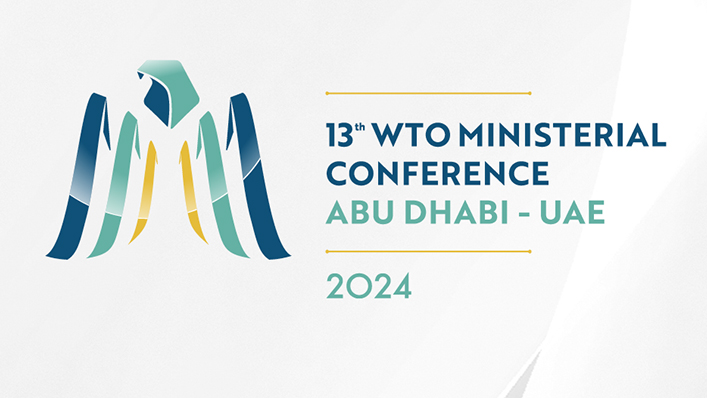
New Delhi ready to negotiate hard on public stockholding of food and fisheries subsidies at MC13
ABU DHABI : The World Trade Organization’s thirteenth ministerial conference (MC13) kicks off in Abu Dhabi on February 26. The draft Abu Dhabi ministerial declaration is almost ready, barring a few sentences on inconclusive issues that have been temporarily stashed away in brackets. It harks back to the past, to the Marrakech Agreement, which led to the establishment of the world trade body in the summer of 1994. It also reveals unresolved issues of the present.
The initial draft texts of the agreement with many of New Delhi’s demands, in square brackets, reflecting lack of consensus, indicate a challenging week for negotiators. Commerce Minister Shri Piyush Goyal, leading a team of negotiators, will represent India at the WTO MC13 on February 26-29.
“In the fisheries negotiations, India has to ensure that its subsidies to small-scale fishers, at least up to the exclusive economic zone of 200 nautical miles, are not touched. Of course, it has to also see that rich nations responsible for depleting fish stock over decades with their large-scale industrial fishing do not get away through sustainability provisions,” a Commerce Department official told businessline.
On fisheries
The draft text on curbing fisheries subsidies that contribute to overcapacity and overfishing circulated on February 16, allows exemption for small-scale fishers but the distance allowed for such fishing has been put in brackets suggesting that it could be anything between 12 nautical miles and 200 nautical miles.
Additionally, India sought a blanket exemption from subsidy cuts for all its fishers for a ‘transition period’ of 25 years that developed nations want to limit to not more than 7 years.
New Delhi will also continue to press for a permanent solution for public stockholding, to lift curbs on MSP, as the peace clause offers protection against legal action subject to onerous conditions and only for programmes that existed before 2013. “A permanent solution was promised in 2013 and is important as it will build in the concessions into the Agreement on Agriculture,” the official said.
Non-trade issues
Then there are new issues, many of them non-trade, such as pacts on investment facilitation for development, MSMEs, gender and environment, which India has been opposing as these are not favourable for many developing nations and do not have the backing of the entire membership. “The new issues do not have ministerial mandate and cannot be formally allowed to be part of the WTO,” he added.

